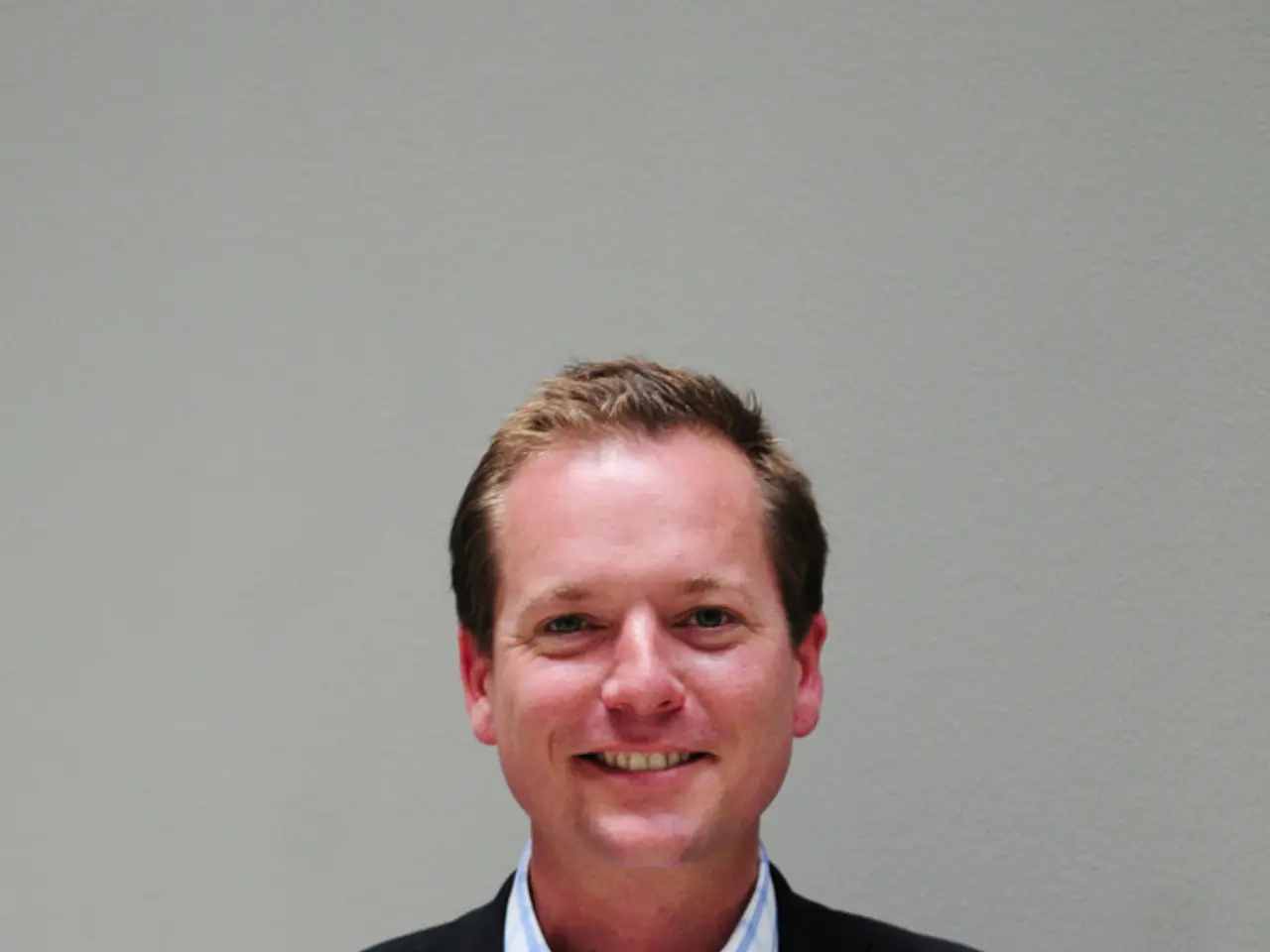Nuclear energy revives in Belgium, Denmark considers adopting it as well.
Denmark, renowned for its reliance on wind power, is contemplating a shift into the nuclear power sector, as per recent news. Meanwhile, Switzerland is on the cusp of deciding whether to permit new nuclear power plants, with a popular vote impending.
In Belgium, the parliament endorsed a law amendment in mid-May, enabling nuclear power plants to persist beyond their current shutdown dates. The potential constructors of new reactors remain unmentioned, but companies like Engie, operator of existing reactors, and Axpo, active in nuclear fuel supply and energy contracts, could be key players in future projects.
Engie, however, has shown no interest in operating the existing plants beyond their planned end or building new reactors. The company operates two nuclear power plants in Belgium: Doel and Tihange, each with several reactors. Doel 4 and Tihange 3 have been in operation for 40 years, and Engie had negotiated an extension of their operating times until 2035. However, Doel 1, 3, and Tihange 2 have been shut down by the operator, but the shutdown dates are no longer valid.
In Switzerland, existing nuclear power plants can only operate as long as they are deemed safe, with their lifespans determined by their owners. Interestingly, the country, which is currently against nuclear power, is also reportedly considering a possible change of course. The Beznau nuclear power plant, for instance, has been shut down, but the future of nuclear power in Switzerland remains uncertain.
Finland is also developing a project for a new nuclear power plant, but its realization is not yet certain. The state-owned energy company, Fortum, is currently leading the project. The Olkiluoto 3 nuclear power plant in Finland started operation after years of delay, but it was plagued with delays and cost increases. Experts anticipate similar cost increases for the new Finnish nuclear power plant project, as seen in Flamanville.
France, on the other hand, has plans to build 14 new nuclear power plants, with many of the existing plants in France aging and needing to be replaced.
In conclusion, while some European countries are contemplating a return to nuclear power, others are maintaining their opposition. The future of nuclear power in Europe remains uncertain, with each country making decisions based on their unique energy needs and public sentiment.








